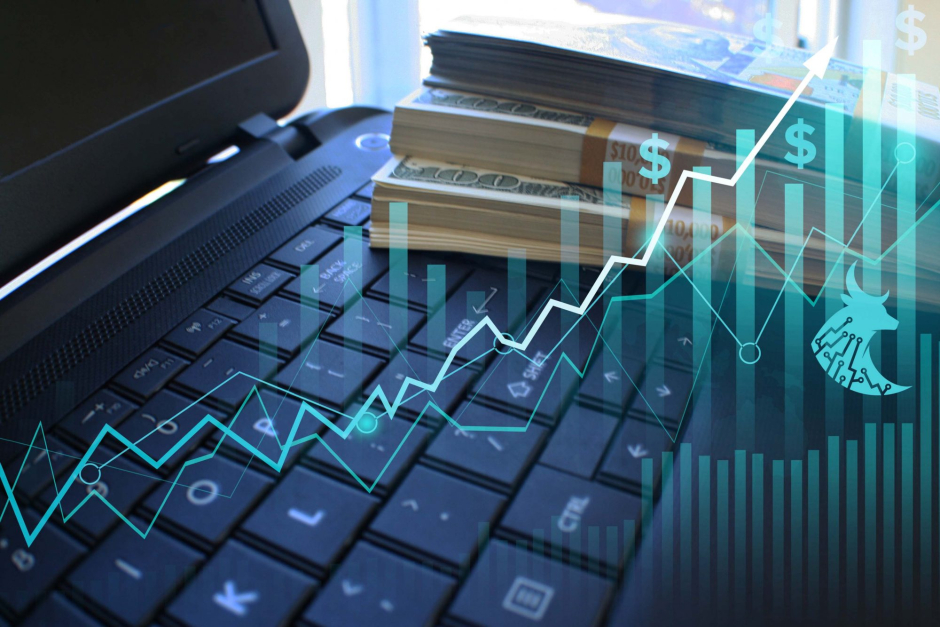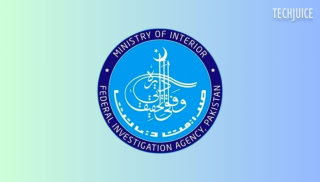Pakistan in this regard has been going through serious economic crises leading to the highest inflation rate of 31.5% in the past decade. This paced increase in inflation has decreased purchasing power which has resulted in a stark decline in the standard of living. Currently, in Pakistan, business after business is closing which has increased the unemployment rate from 6.3 percent to 9.1 percent and intensified the crisis.
This inflationary pressure can hamper the capability of youth to learn and acquire skills because in such circumstances the youth is more concerned to earn a living and supporting their family than acquiring skills. Thus, in the past four years, the lower-middle-class and lower class have lost 30% of their purchasing power.
At the same time, many sectors of the economy are struggling and they are resorting to temporary shutdowns, job cuts, or some strategy to save costs. One sector that has been directly under threat of the general rise in price levels is the technology space.
Pakistan is an import-oriented economy and almost all technology devices including smartphones, laptops, smartwatches, smart TVs, and tablet PCs are imported.
It is no secret that imported items faced way higher price hikes than local items because of a sharp increase in inflation coupled with the rapid depreciation of the rupee against the dollar along with taxes.
More recently, the government imposed import restrictions and traders are struggling to open letters of credit (LCs). Due to this problem, the new import of all merchandise including technology items faced disruption, and many containers are stuck at the port awaiting clearance.
At the same time, traders are refraining from placing new orders. This has created a general shortage of such items in Pakistan and due to the demand-supply dynamics, has further propped up their prices in Pakistan.
This whole scenario has sent the prices of tech items skyrocketing in Pakistan. With imported smartphones, there is an added cost of PTA verification as well, which is an additional financial cost to consumers in Pakistan looking to buy high-end phones.
On the other hand, the market of laptops faced further problems because only select brands are available, and with many Pakistani companies still implementing hybrid or work-from-home models, consumers are finding it difficult to replace their laptops or PCs with newer ones.
Compared to prices in 2019, laptop rates have more than doubled while few components of PCs are being sold for significantly higher prices. People are now forced to purchase second-hand or refurbished materials.
Priceoye.pk founder and CEO Adnan Shaffi told Business Recorder that inflation has directly impacted the sales of mobile phones on his platform. He clarified that local mobile phone assembly plants are observing shutdown because they operate on imported parts for assembly and businessmen are unable to open LCs.
He confirmed that there is a general mobile phone shortage in Pakistan that has led to an increase in prices. According to statistics shared by Priceoye.pk, the mobile phone market witnessed a saturation of 66% due to the aforementioned problems.
“Compared to its boom a few months ago, the mobile market is just one-third of what it was then, Last year, it was a $1.1 billion market and today, it is a $300-350 million segment.”
Existing shop owners are facing two-faceted problems as they are unable to secure a supply of products on one hand and on the other, they are combating a rise in rents, electricity, utility, and other costs associated to run shops.
Traditionally, the cost of inflation is viewed in monetary terms, and other multifaceted effects of prolonged inflation are ignored. The unprecedented and protracted phase of inflation leads to a decline in the standard of living, resulting in a worse public health crisis.
The inflation rate in the health sector in December 2022 stood at 13.50%. This inflation in combination with an increase in the prices of necessities plays a catalytic role in the increasing stress. Different researchers have concluded that people’s mental health has suffered due to the psychological repercussions of economic crises which has compounded by the concerns of unemployment and inflation.
The surprisingly high inflation we are experiencing is having a very deep and deleterious impact on the large strata of society. Therefore, the government should strive to control the rapid rise in prices by enhancing the capability and capacity of the price control cells and district management. In the long run, the government must resort to long-term economic policies that promote sustainable economic growth.
Instead of taking cosmetic measures for controlling price hikes, it should take measures that will streamline the supply chains – necessary to avoid shortages. In addition, the most vulnerable segments of society are more prone to these negative impacts, so the government should focus on ensuring social safety nets. Because the psychological impacts of inflation are least studied, a multidisciplinary study that links inflation with mental health is critical.
Read More;












